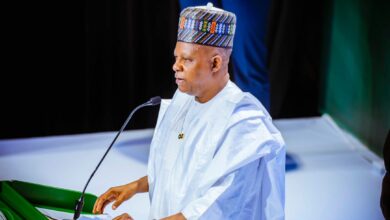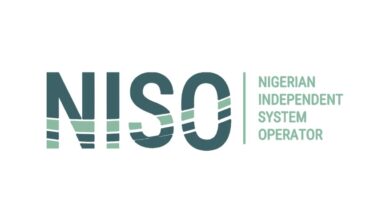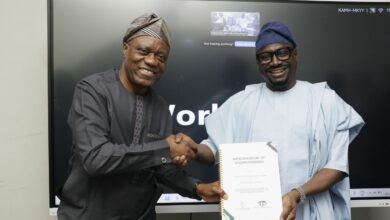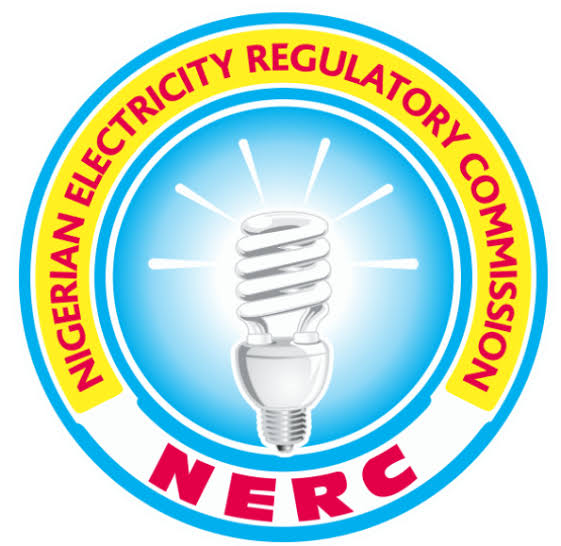Blackout: FG Sets Up Committee To Resolve Gas Supply Challenges

Alarmed by the low power supply affecting some parts of the country, the Federal Government said, it would set up a committee to find a lasting solution to the problem.
The Minister of Power, Chief Adebayo Adelabu disclosed this at the weekend when he met with top management teams of power Generating companies (GENCOs) and Distribution companies (DISCOs), operating in Nigeria.
Adelabu while addressing Managing Directors and Chief Executive Officers of the companies at separate meetings in his office, according to Bolaji Tunji, Special Adviser, Strategic Communication and Media Relations, noted that there was a noticeable improvement in power supply during the yuletide period but the situation changed in the new year with poor supply leading to blackouts across the country.
He said, his investigation revealed that the poor supply was due to low gas supply to GENCOs.
“It was based on the need to understand the challenges firsthand that led to inspection visits to power facilities in Olorunshogo in Ogun State and Omotosho in Ondo State. The problem is traceable to a low supply of gas and we need to resolve this as quickly as possible”, he said.
The meeting also discussed issues of indebtedness to GENCOs by the Nigeria Bulk Electricity Trading Company (NBET). “We are aware that the sector has liquidity challenge, but we need to have a minimum threshold, we are working on revalidating the debt and determining a fair resolution ”.
Adelabu spoke further on the need by GENCOs to enter a contractual arrangement with gas suppliers to ensure a steady supply of gas to generating companies. “ We know that there are certain concessions expected of government before this could be achieved and we are willing to work on this to stabilize the power sector”, he assured.
The Minister said, “to tackle the gas supply and liquidity challenges, I’ve decided to form a committee involving all stakeholders. Together, we will work on recommendations to resolve these issues and ensure a more reliable and consistent power supply for our citizens.
A plan has also been established to initiate discussions with the Minister of State for Petroleum Resources regarding collaboration and to emphasize to the Ministry the importance of prioritizing Gas to Power.
“Our commitment is unwavering in addressing the challenges affecting power supply. We understand the impact on citizens, and our goal is to swiftly resolve the issues of gas supply, indebtedness, and overall sector stability. Your patience is appreciated as we work collaboratively towards a brighter, more reliable energy future for Nigeria”.
Meanwhile, the Minister has clarified his position on subsidy in the power sector. Contrary to reports that the Minister called for subsidy removal, what he said was that if the government was subsidizing power, it should be backed up with payment.
According to Tunji, “there is a need to correct the erroneous impression going around quoting the Minister of Power, Adebayo Adelabu as advocating the removal of subsidy in the Power sector.
“For clarification, the Minister of Power embarked on an inspection visit to power facilities across the country to get a first-hand report on power facilities in the country, the inspection visit took him to Kanji Power Plant which will soon be adding about 980 megawatts to the national grid from the present generation of 760 megawatts.
“The Minister has also visited Ayede Sub-Station and some other power facilities in Oyo State including a visit to the Ibadan Distribution Company (IBEDC) where he read the riot act that no distribution company should compel communities to buy transformers or electricity poles as it should be the responsibility of the distribution companies to do so.
“During his visit to the power facilities to Olorunshogo Power Plant in Papalanto and Omotosho, he discovered certain challenges affecting the smooth operation of the Power Plants. Some of the issues are related to liquidity problems in the sector which has adversely affected the low gas supply to the Generating Companies leading to a drop in power generation in the country.
“The Minister said the country should either focus on whether we want power to be a social service or be fully commercialized. If it is a social service with the government fully subsidizing, then NBET should pay what is being owed to enable payment to gas suppliers through the Generating Companies.
The converse side is to implement an appropriate tariff that would enhance liquidity in the sector and make it more competitive. The Minister did not advocate the removal of subsidy but a clear-cut policy to address issues of illiquidity in the sector.






